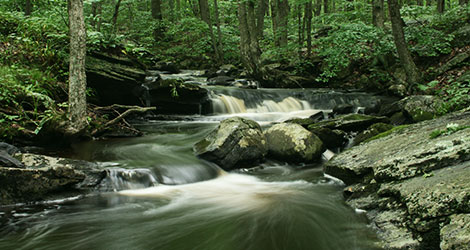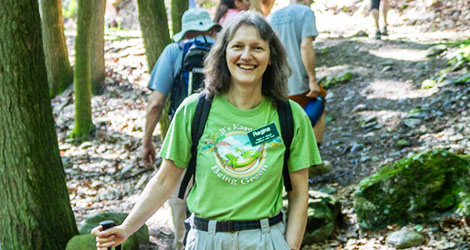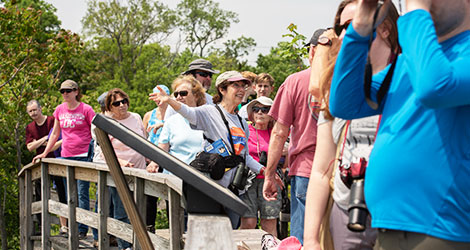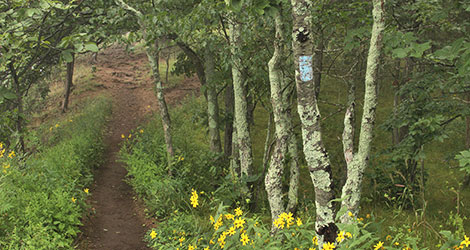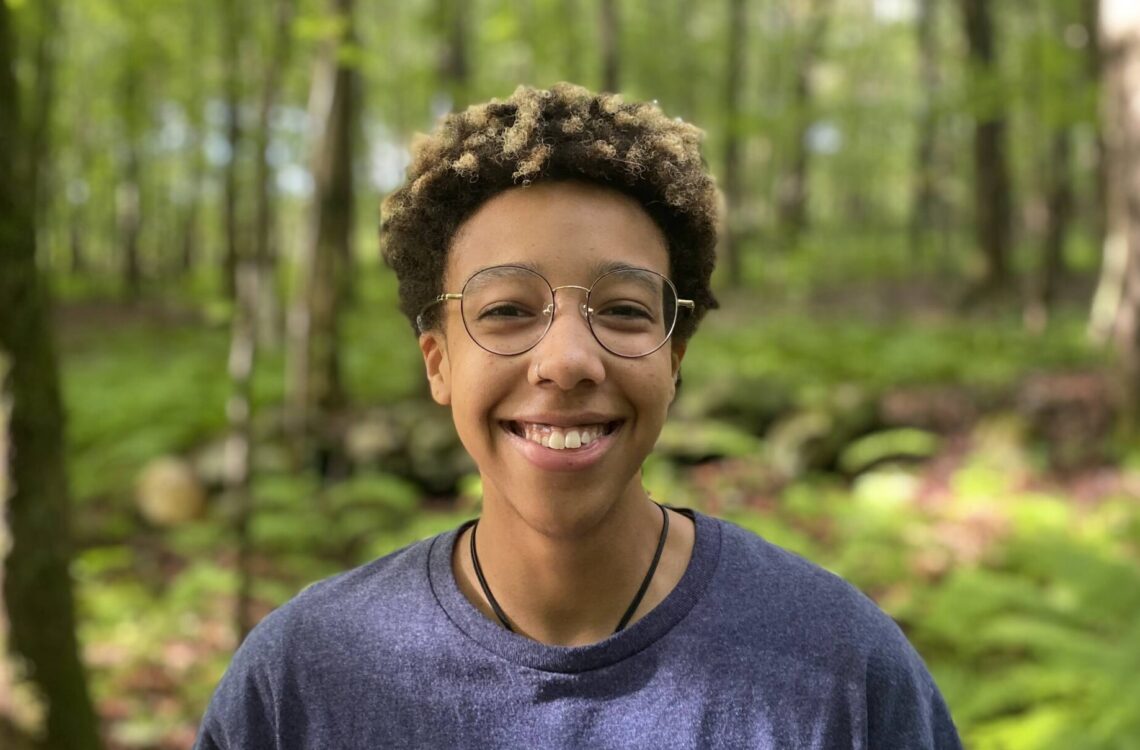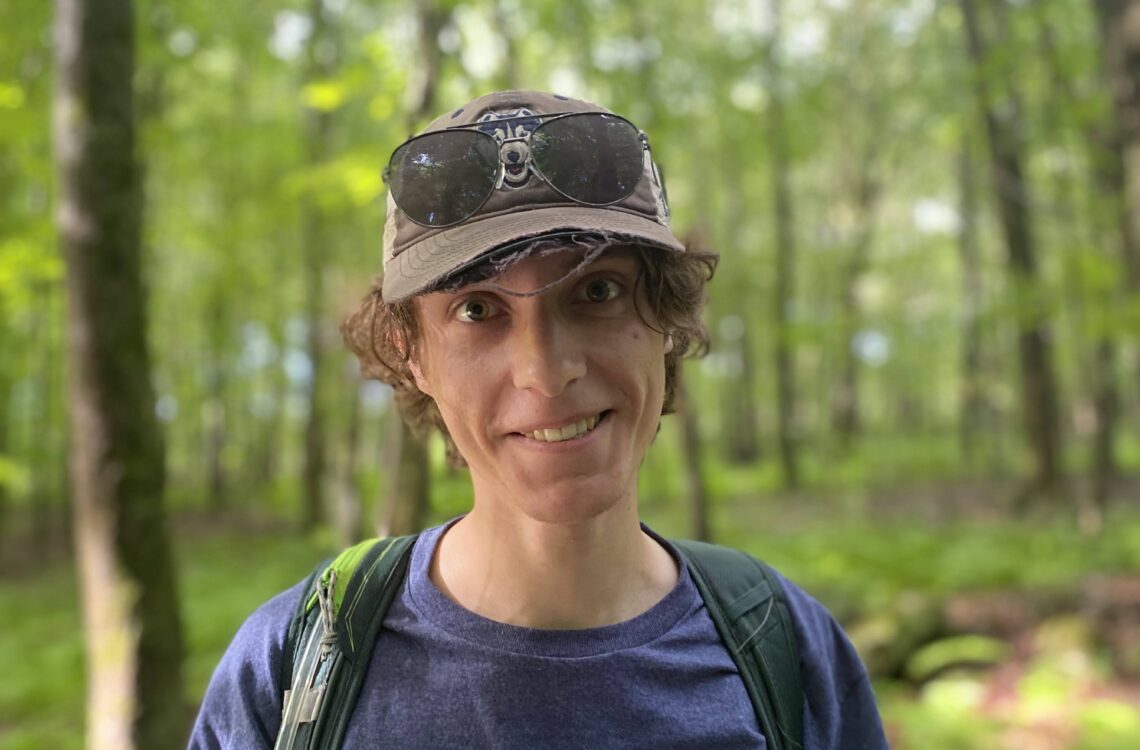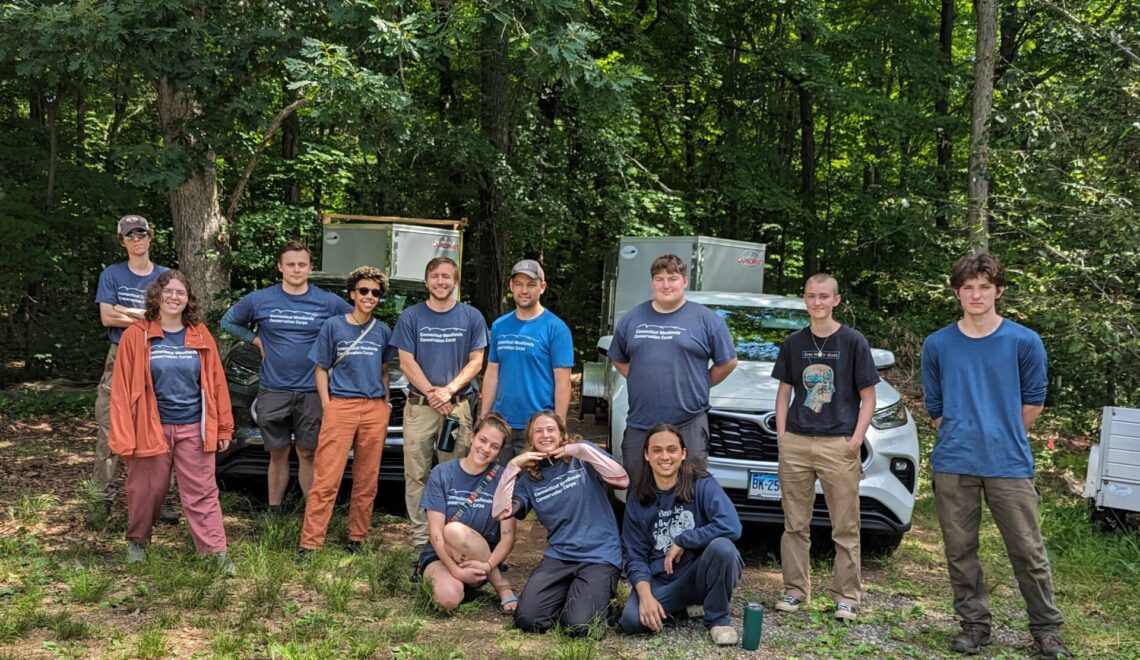
An Update on the Connecticut Woodlands Conservation Corps Program
Now in the second year of our revamped Connecticut Woodlands Conservation Corps (CWCC) program, this expanded program continues to make a huge impact on the Blue-Blazed Trails. Two CWCC trail teams are working simultaneously this summer, tackling twice as many projects on twice as many trails across Connecticut! They’re spending their summer in the woods, building trails and trail structures across the state and making memories that will last a lifetime.
The crews have made remarkable improvements to the Blue-Blazed Trails: relocated over a mile of trail, constructed hundreds of feet of bog bridging, built three large bridges, and even created a stone staircase! For more details and photos of their incredible progress, follow CFPA on social media.
The CWCC program provides a unique learning and training experience for team members. In addition to trail maintenance and construction skills, members gain valuable leadership and team-building skills that translate beyond their time with us. Support the program by donating and volunteering to ensure its continued success.
Every year, our CWCC program grows thanks to your continuous support. Your generosity has made it possible for us to expand and create new opportunities for conservation and outdoor education.
Meet Our 2024 CWCC Teams
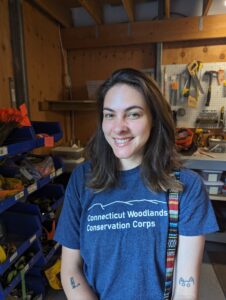
Lydia
Assistant Trails Coordinator
Bethlehem, PA
What I studied:
- Wildlife Science at SUNY-ESF
Why the CWCC?
- I really like the mission and want to expand my conservation experience by learning more of the behind-the scenes process of what it takes to make a trail crew season successful. I also believe that CWCC will help me learn more supervisory skills while still being able to get into the field and interact with crews in the outdoors.
Goal for the season:
- My goals are for our crews to stay safe, have fun, do some amazing trail work and complete projects, and learn more about myself in the process to help shine light on goals I may have in the future.
My career goals are…
- I have always derived the most passion out of hands-on conservation work and being able to inspire others to get out there and be a part of communities and organizations that give back to the natural world that not everyone has access to. In the future I am hoping to land a career in conservation.
My favorite tool is…
- My favorite trail tool is the grip hoist, because you can rig it up to be, basically, a controlled zip-line for boulders!!!!
My favorite animals and plants are…
- My favorite animal is a lamb, and my favorite plant is moss phlox
The Rock Barbarians
Crew #1
The Fishercats
Crew #2
About the Connecticut Woodlands Conservation Corps
Connecticut Woodlands Conservation Corps (CWCC) is a paid summer and fall program offered by CFPA. A team, typically 5-6 members, performs trail maintenance, repair, and construction projects on the 825-mile Blue-Blazed Hiking Trail System. Our teams work on projects large and small to improve the trails and the hiker experience and to reduce impacts on natural resources along trail corridors. Members learn from and work closely with professionals and experienced CFPA volunteers to implement sustainable trail-building techniques.
Trail work is very physical. Whether cutting back brush, digging new trails, moving lumber for a bridge, sawing out tree blowdowns, or setting stone steps, crew members use their hands and bodies throughout the day and the season. Members hike up to 5 miles daily, carry their tools and gear, and actively dig in on projects. Whether it’s rainy, hot, or beautiful weather, our CWCC members are working hard to improve trails.
Learning in the Field
The best way to learn about trail construction and maintenance is in the field. The crews amass a wealth of field experience, travel to unique and forested parts of the State, and are exposed to a wide variety of specialty trail skills. Additionally, members attend First Aid & CPR, as well as Leave No Trace training.
Members also use hand and power tools every day during the season. With training and supervision, members become proficient in using the tools of the trade, including digging tools, drills, chainsaws, rigging equipment, etc.
Supplemental skills and experiences include:
- Hand tool use & maintenance
- Botany, Forestry, and Wildlife
- Camping, Leave No Trace & backcountry cooking
- Rigging use and safety
- Chainsaw safety & use
- Basic structure-building & rough carpentry skills
- Professional job skills

